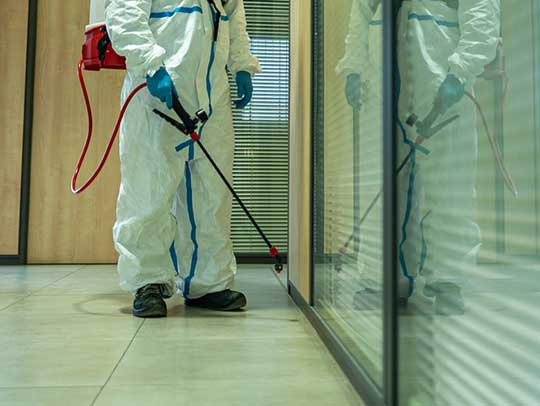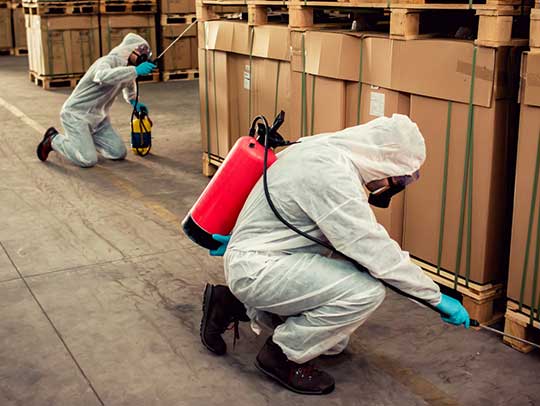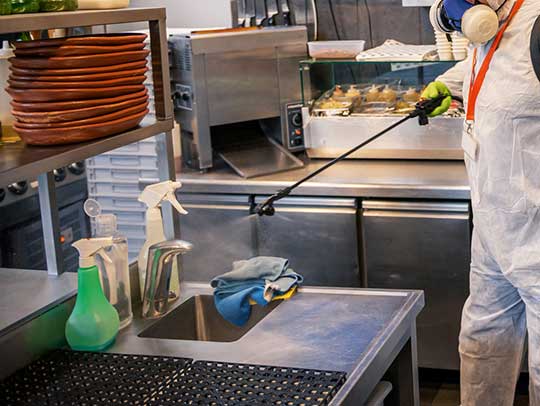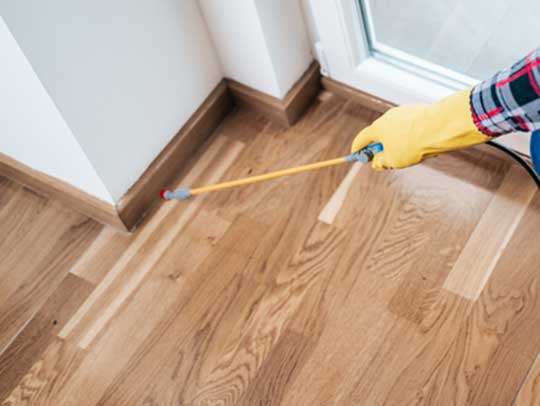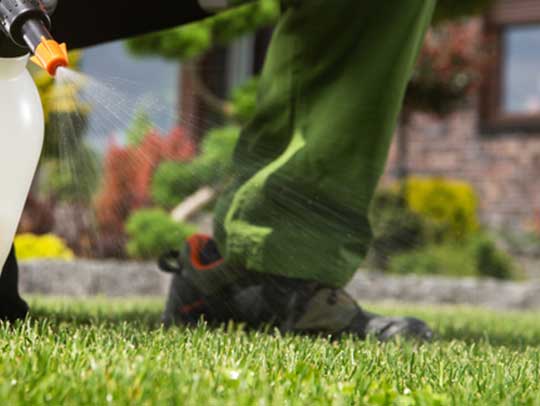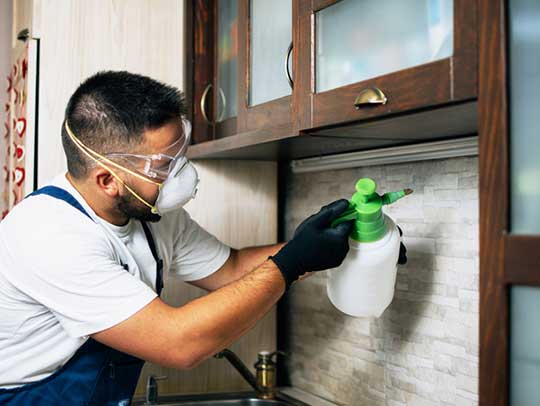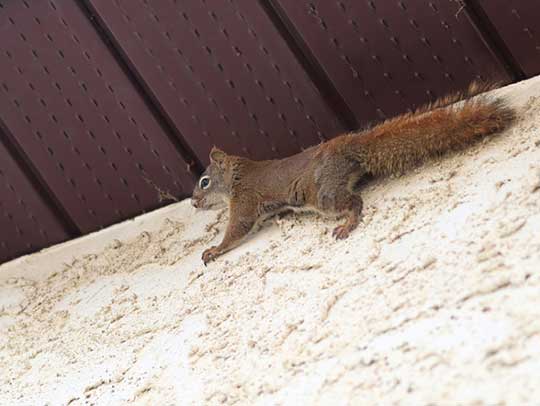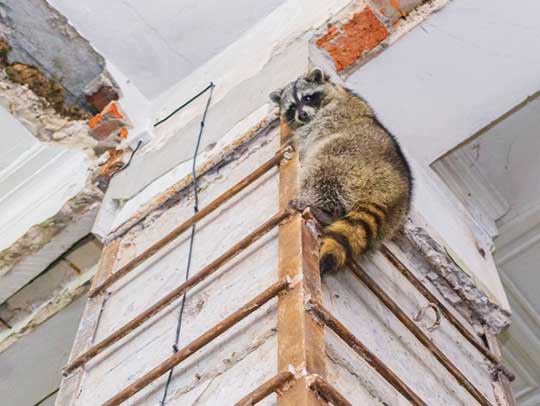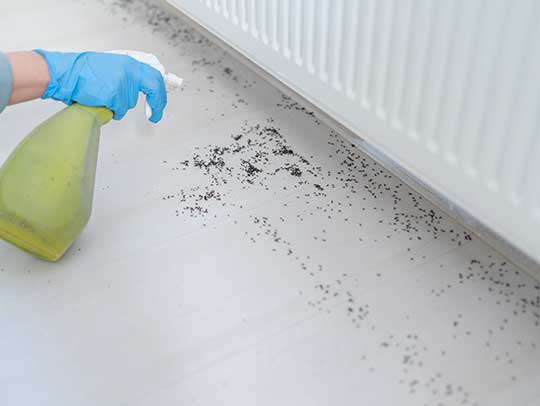
A pest infestation can be disturbing, disruptive and dangerous to your everyday life. Not only are pests a nuisance, but they can spread or trigger diseases that can be harmful or even fatal to humans. Unwanted pests can make your home unsafe for you, your family or any visiting guests. If a pest problem is not immediately resolved, it can quickly grow into a pest infestation that can affect your health in several ways.
Health Risks Caused by a Pest Infestation
Pests infestations can cause significant health problems if not quickly addressed. Therefore, keeping your home clean and scheduling routine pest control services is important. Here are some of the health problems caused by pests and what you can do to protect yourself from harm.
- Vector-Borne Diseases
Infectious diseases such as Zika virus, Lyme disease and rabies can be carried and spread by a variety of vectors. These include mosquitos, ticks, rodents and other animals. In some cases, repellents can be used to control these vectors.
- Microbial Diseases and Infections
Bacteria, viruses, prions and protozoans cause microbial diseases and infections in humans. Antimicrobial pesticides can be used to control these organisms and prevent the spread of diseases.
- Asthma and Allergies
Pests that are typically found indoors can trigger asthma and allergy symptoms. The saliva, droppings and body parts of cockroaches can become airborne and contaminate the air, triggering asthma and allergy symptoms. Dust mites can also trigger such symptoms through contact with their droppings and body parts.
To prevent asthma and allergies caused by indoor pests:
- Vacuum, mop, dust and wipe down surfaces regularly
- Fix any leaks
- Wipe up spills
- Don’t keep pet food and water bowls out overnight
- Store food in tightly sealed containers
- Check cabinets and crevices around appliances for crumbs
- Regularly dispose of garbage
- Check paper and cardboard food containers for signs of pests
Signs of a Pest Infestation
In addition to insects, types of invasive wildlife that contribute to Pittsburgh pest infestations include bats, birds, groundhogs, mice, raccoons, rats and squirrels. While you may not necessarily see these pests scurrying around, there may be signs that they are nesting in your home. Common signs of a pest infestation include:
- Scurrying, squeaking or scratching sounds coming from behind the walls or in the attic
- Bite marks on drywall, cardboard or wiring in the attic
- Strong or strange odors throughout your home that are unpleasant
- Droppings and stains along floorboards
- Knocked over trash cans, trampled soil or disturbed gardens
Attempting to handle or remove nuisance pests on your own can also put you at risk of being bitten, scratched, or stung. Instead of allowing a pest infestation to spread throughout your property and affect your health and safety, rely on the pest control professionals at Critter Control® of Pittsburgh to quickly and permanently put an end to your pest infestation.
Professional Pest Infestation Removal in Pittsburgh, PA
The pest control experts at Critter Control® of Pittsburgh use a proven, four-step method of inspection, removal, restoration and prevention to eliminate pest infestations and keep them from returning. To schedule your inspection and receive a free estimate for our safe and efficient pest control services, call Critter Control® of Pittsburgh today at 412-767-4067.





